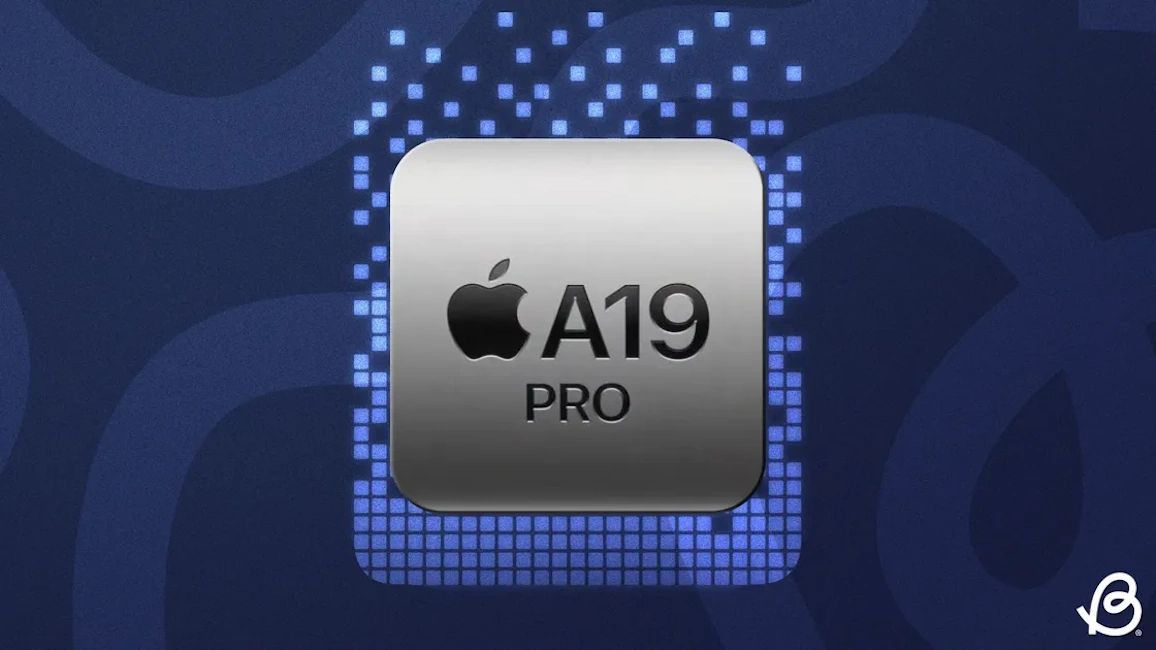The 2nm mobile processor race is officially on. A few months back, Samsung confirmed that the Exynos 2600 will become the world's first 2nm smartphone processor. While Apple is already eyeing the same for its next SoC upgrade, it looks like Qualcomm and MediaTek are looking to shoot past with their respective 2nm processors.
Qualcomm and MediaTek could launch their 2nm chips ahead of Apple
A new report by Chinese tech publication Commercial Times states that both Qualcomm and MediaTek have accelerated their plans on TSMC's 2nm process node adoption rate. This comes after previous reports hinted that Apple booked nearly half of TSMC's 2nm chips for A20.
So, it looks like both Qualcomm and MediaTek are planning to undercut Apple when it comes to bringing their respective TSMC-made 2nm chips to the market. The current lithography has two versions of the 2nm chip - N2 and N2P. Both are built on TSMC's A16 process and scheduled to enter trial production by March 2026.

The publication claims that while Apple will stick to only the N2 process node, both Qualcomm and MediaTek will leverage the N2P process node. Now, while for Qualcomm and MediaTek this is not new since the existing Snapdragon 8 Elite Gen 5 and the MediaTek Dimensity 9500 processors are built on TSMC's 3nm N3P process.
If true, this will mark a major shift for Apple, since both the Apple A19 and the Apple A19 Pro are built on the N3P process. So, it remains interesting to see whether Apple will jump ship to incorporate the N2P process or will stick to the N2 node just to gain a slight edge over the competition.

TSMC will use the new GAAFET (Gate-All-Around Field-Effect Transistor) architecture to build its first 2nm processor for all three vendors. The new lithography will reportedly include high-end performance and efficiency, combined with next gen on-device AI capabilities.
So alongside the Snapdragon 8 Elite Gen 6 already tipped with TSMC's enhanced N2P, the upcoming MediaTek Dimensity 9600 and Apple A20 and A20 Pro chipsets, will launch with these new capabilities and mark the next-gen smartphone processor evolution.
That said, it is important to note that Samsung will become the first brand to bring a 2nm chipset with the Exynos 2600 processor, the world's first 2nm chipset. So, it will provide an important baseline as to what we can expect this next wave of smartphone processing to offer.
However, one thing is certain. It is not going to be cheap. Industry analysts have reported that the 2nm generation will reportedly drive chip development costs and memory prices. So, expect 2026 flagships to bear a hefty price tag.



























.jpg)